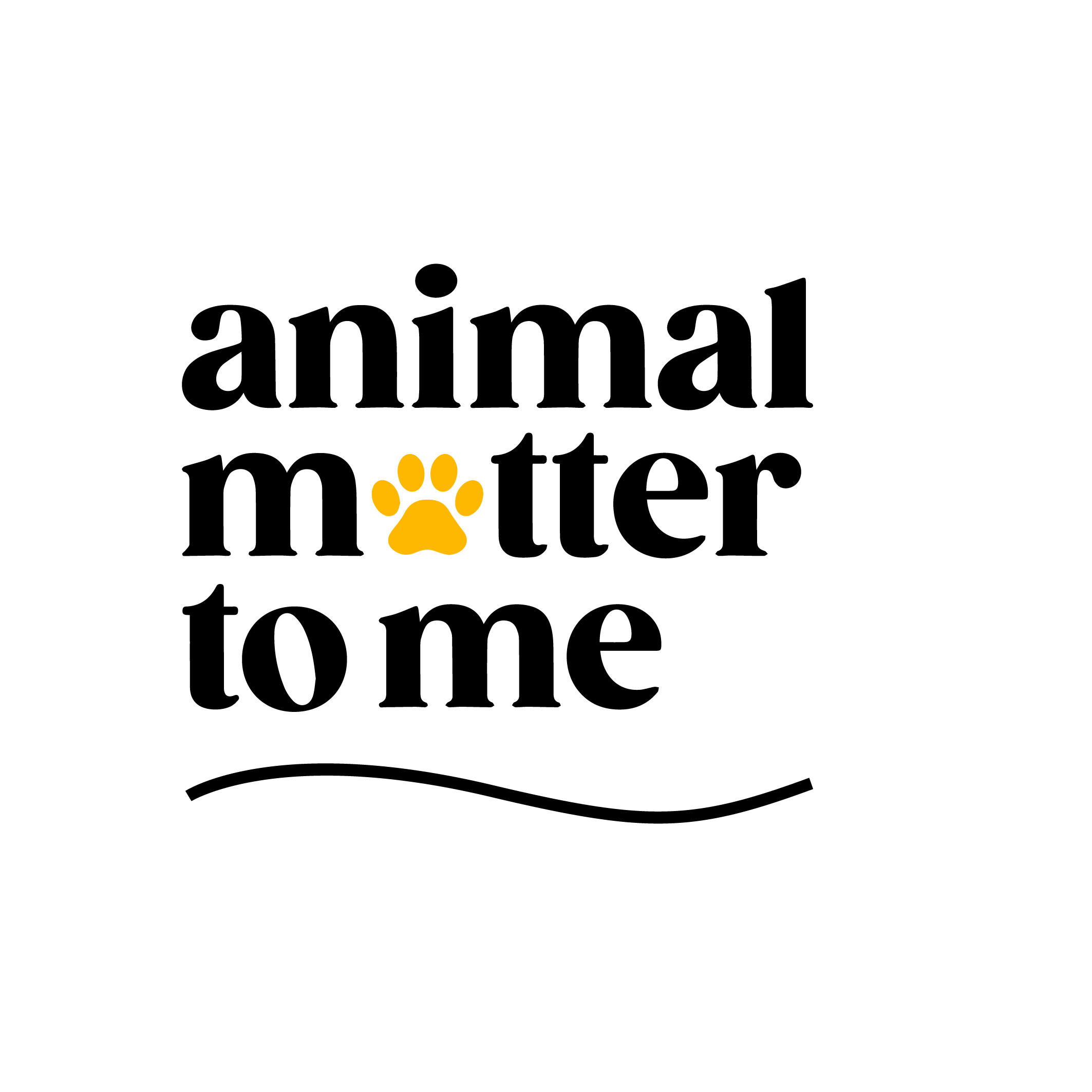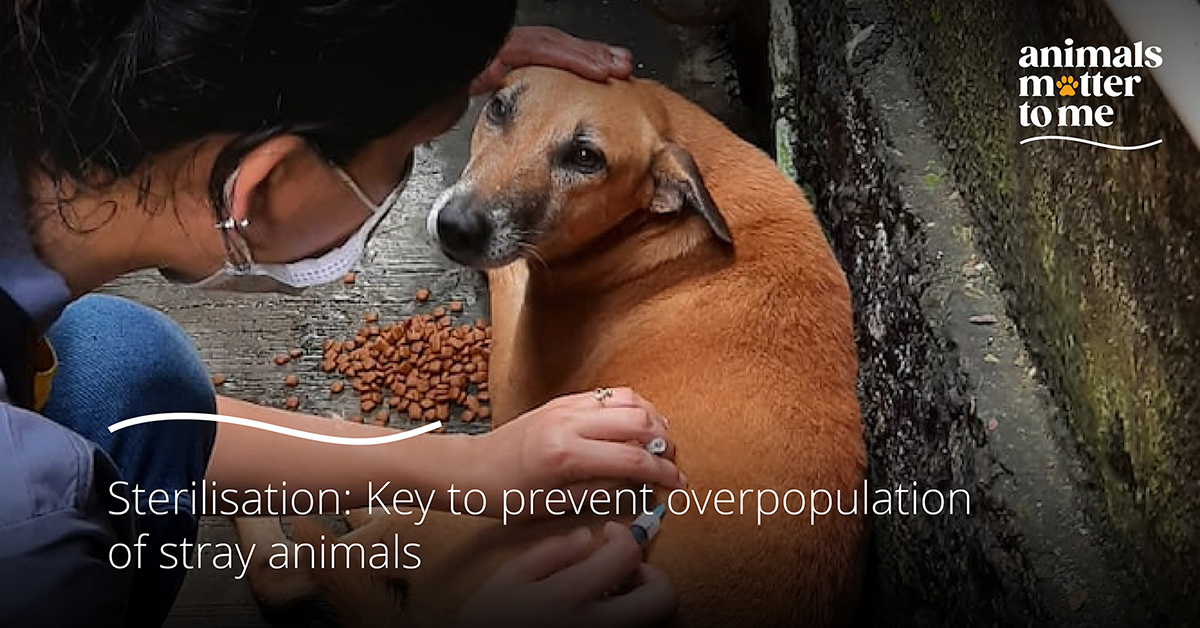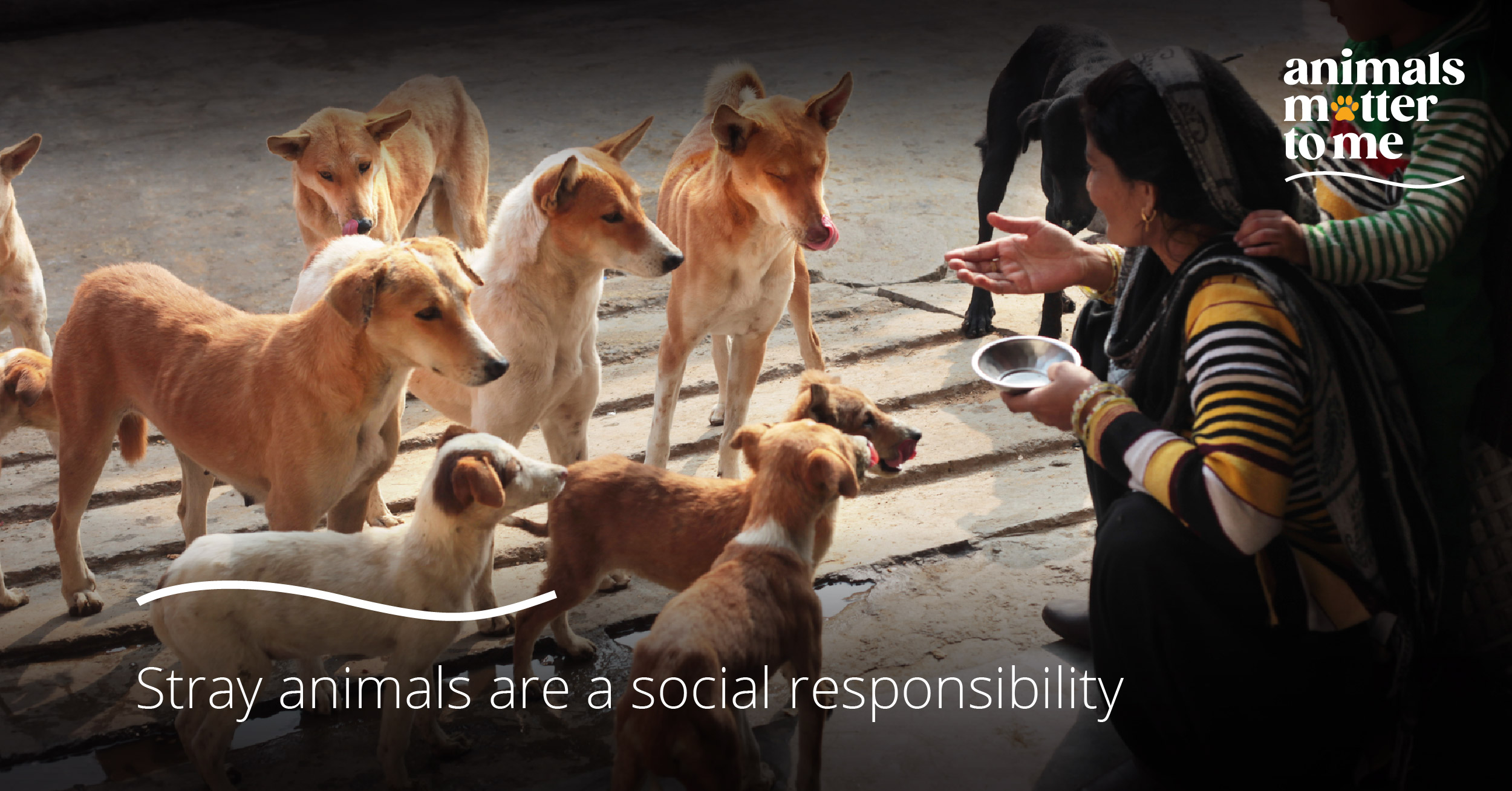Overpopulation of stray animals is a reality in many countries around the world with millions of animals ending up in animal shelters or living on the streets each year. This not only causes suffering for these animals but also creates public health and safety concerns. We shed light on the importance of sterilisation and how it can help curb the stray animal population.
What is sterilisation?
Sterilisation is a safe, surgical procedure that removes a part of an animal’s reproductive organ, permanently stopping them from reproducing. For female animals, an ovariohysterectomy (commonly referred to as “spaying”) removes the ovaries, fallopian tubes and uterus — stopping their heat cycle and associated behaviours driven by reproductive instinct. Male animals require orchiectomy (“neutering”) where the testes are removed preventing them from reproducing altogether.
How does sterilisation help?
Sterilisation is the most effective way to prevent animals from reproducing. By spaying or neutering animals, they are no longer able to reproduce, which controls the ever-increasing birth of litters.
Uncontrollable number of litters of puppies and kittens can quickly become a major problem. If they are not taken in by animal shelters or rescue organisations, they often end up living on the streets, where they can reproduce and create even more stray animals. Overpopulation of stray animals can cause public health and safety concerns as it results in millions of starving animals that become dangerous and aggressive. They also end up becoming carriers of diseases.
In addition to population control, sterilisation also has health benefits for animals. Spaying can reduce the risk of female animals developing uterine infections and breast cancer while neutering can reduce the risk of male animals developing testicular cancer and prostate problems. This is also known to decrease the aggression in some animals and reduce their urge to roam.
Sterilisation can also help reduce the cost of caring for stray animals. Animal shelters and rescue organisations often have limited resources and space, and caring for large numbers of stray animals can be expensive. By preventing the birth of unwanted litters, the number of animals needing care decreases, allowing organisations to focus their resources on caring for animals already in their care.
Sterilisation benefits societies with fewer stray animals living on the streets, which in turn results in fewer and manageable public health and safety concerns.
Finally, sterilisation is an ethical choice. It is a way of taking responsibility for the animals we share our world with and ensuring that they are not left to suffer on the streets. It is our responsibility to care for animals and prevent their suffering, and spaying and neutering is an important step in fulfilling that responsibility.




